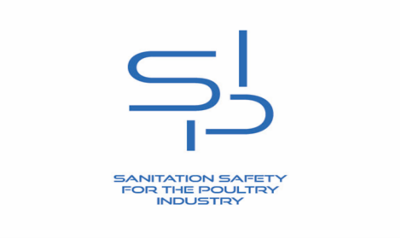- FOUNDATION
- |
- IPPE
- |
- PPFC
- |
- CONTACT
News Release
- Media Center Home /
- News Release View
Not Found!
The news release you are looking for is either not available at the moment or has expired.
More Recent News
July 9, 2025
USPOULTRY to Offer First-of-Its-Kind Sanitation Safety for the Poultry Industry Certification Program
USPOULTRY is offering to its members a first-of-its-kind Sanitation Safety for the Poultry Industry certification program designed for workers across all parts of the poultry industry. The go...

July 3, 2025
USPOULTRY Financial Management Seminar Discusses Team Development, Economic Landscape and Cybersecurity Threats
The USPOULTRY Financial Management Seminar welcomed more than 150 poultry industry financial professionals in Amelia Island, Fla. A multidisciplinary slate of speakers delivered an impressive a...

July 2, 2025
USPOULTRY’s Women’s Leadership Conference to Focus on Professional Growth and Resiliency
Leadership, financial literacy, successful teams, good communication, health and wellness, and resiliency are all challenges that today’s working women face in their professional environment. USP...

General Info
Events & Meetings
People & Groups
- Affiliated States
- Air Cargo Committee
- Hen Council
- Industry Partners
- Poultry Protein & Fat Council
- USPOULTRY Foundation
